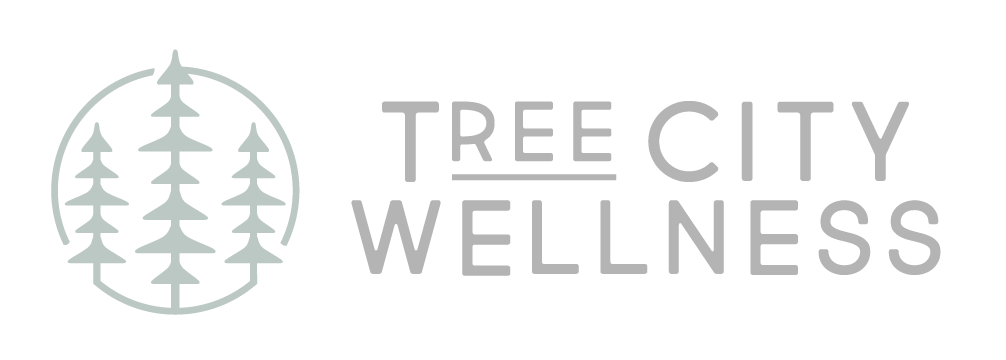I’ve never been to therapy. What can I expect from the first session?
Prior to your appointment, we will request for you to complete an intake packet online with questions related to your interest and goals in seeking therapy. We will review this information in detail during our first appointment so our therapists can get a clear idea of how to structure your work together. Our therapists will also discuss your family history and relationships, as well as any major events that have occurred to you over the years. The first appointment is similar to an “information-gathering” appointment and will feel somewhat different than how the actual process of therapy feels. Because we are trying to obtain so much information in this first visit, the initial appointment lasts 60-75 minutes, whereas typical appointments are around 50 minutes.
What is a modern therapist?
How often do appointments occur?
Appointments occur at the same, agreed upon time every week. It’s important that you block out this time on your calendar to devote to your own self-care and personal growth. Our therapists are highly committed to their clients and we ask that our clients also are committed to their growth and achieving their personal goals. We aim to empower our clients to become masters of their own change and to continuously work toward graduation in therapy where they can move forward without the need for weekly therapy. In order for that to occur successfully, we ask for a structured, weekly commitment to appointments.
How long do people usually go to therapy for?
The length of treatment varies from person to person. However, due to the specialized nature of our practice, we tend to see clients making more meaningful change in a shorter amount of time than they report from previous therapy experiences. Furthermore, the opportunity for intensive-style therapy appointments can produce rapid results typically in less than 5 sessions. We work collaboratively as a team to play off our strengths as clinicians and give our clients the best opportunities that our practice can provide for reaching their specific goals. When necessary, we also coordinate care with other providers in the community that can enhance the therapeutic process.
How do I know when I'm done with therapy?
Your therapist will periodically check-in with you regarding progress toward your goals. Some people come to therapy to solve a specific problem while others come to therapy to enhance and add value to their life. We are here to support you in either leg of your journey though we also don’t believe in keeping people in therapy longer than they *need* to be. Our therapists educate and empower their clients to have successful, fulfilling lives in their futures without the need of constant therapy.
What is the difference between a counselor and a therapist?
In the mental health world, the terms counseling and therapy are often used interchangeably and the education for each license is very similar. Counseling is somewhat of a broader term and people who attend school for counseling may end up working in schools, in career counseling, in clinics, or in private practice. However, therapists are typically trained specifically for psychotherapy and may have a specialization such as in marriage & family therapy that they gain during their schooling. However, many counselors/therapists end up identifying their own specific area of interest and go on to obtain extended training or certification in a particular modality, such as art therapy or EMDR. The modality and individual personality of a counselor/therapist is often a more noticeable difference than what type of license they hold.
Why don't you accept my insurance?
The decision to opt-out of insurance contracting is not an easy one. For our practice, the decision came down to the ability to expand our offerings and add more modern and effective treatment options that insurance does not typically cover. Additionally, THIS ARTICLE highlights other reasons why our practice and many other practices are choosing to opt-out of insurance
How do I get the most out of my therapy sessions?
Therapy is a collaborative process and requires honest, open communication and good rapport in order to be truly effective. Our therapists value feedback and feel it is important for you to tell us both what works and what doesn’t work for you. Therapy may also encourage you to step outside of your comfort zone or may assign homework (brief activities to practice) at home between sessions. It is important for you to try new things and take an active role in your therapy if you want to see true and lasting results. Attending appointments regularly and being on time will also help in getting the most out of your therapy.
Do you offer video sessions?
Can you perform testing?
Can you prescribe medication?
Master’s level therapists cannot prescribe medications. Only providers who have completed medical schooling and have obtained a medical license can prescribe pharmaceutical medications.

We are a collective of modern therapists based in Boise, Idaho
208-817-0234
info@treecitywellnessid.com
410 S. Orchard Street Suite 220
Boise, ID 83705
